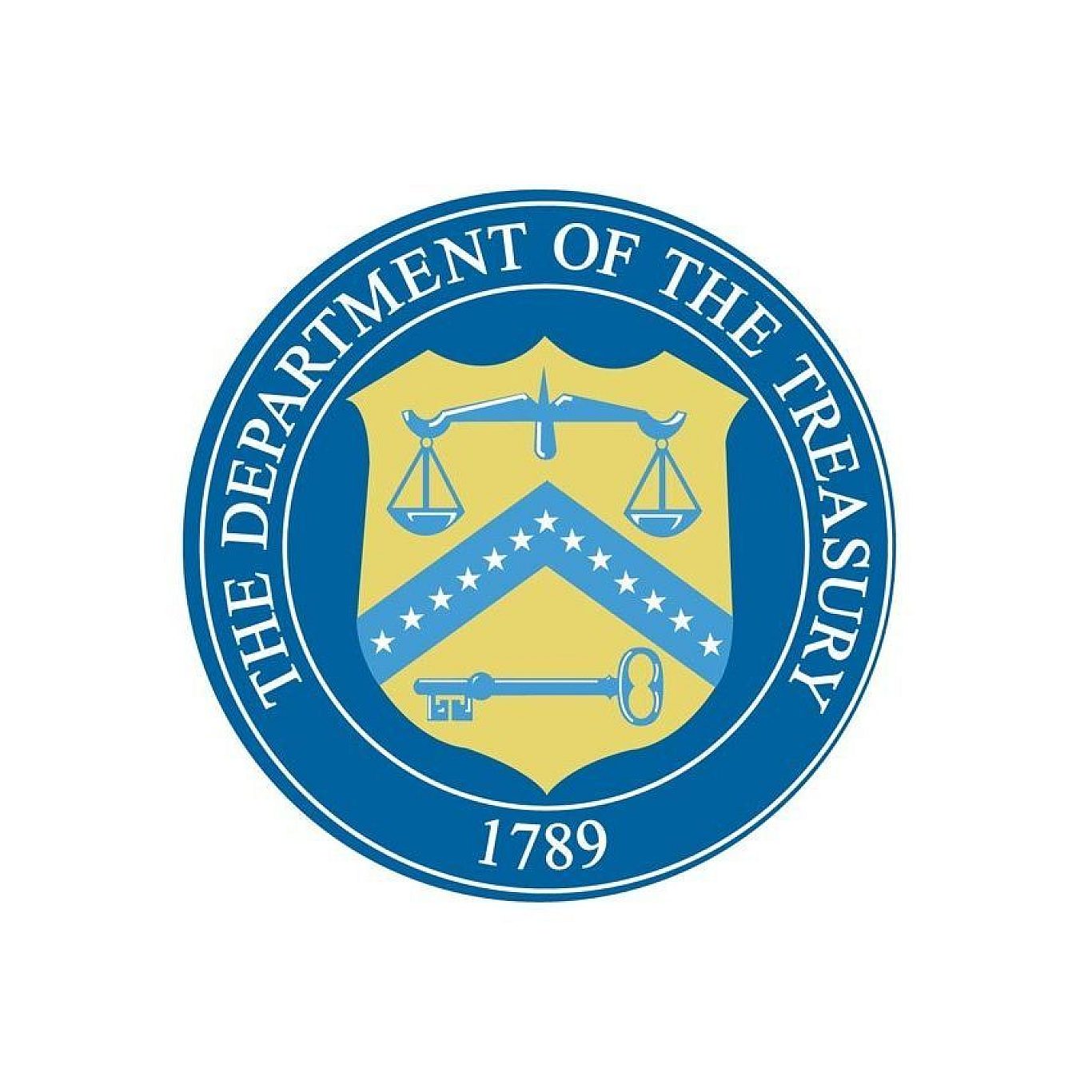Latest News
Judson Williford Joins Orion Financial as Executive Vice President, Mortgage
May 1, 2025

Latest News
May 1, 2025













Memphis Business Journal
Daily Memphian
Credit Union Times
Memphis Magazine
Download Orion Financial's official logo below. For all other logo requests, please contact us. See logo use specifications below.
Anyone using Orion’s logo should only use the logos found on this website and follow these guidelines. Do not modify Orion’s logos in any way, such as by changing the design or color. Do not use trademarks, names, domain names, logos, or other content that imitates or could be confused with Orion. Do not use any icons, images, or trademarks to represent Orion other than what is found on this website or provided by Orion. Do not feature Orion's logo on materials associated with illegal or otherwise illicit activities. We may revoke permission to use Orion’s logos at any time. We may modify these Guidelines at any time, and your continued use of the logos will constitute your consent to such modifications. Orion FCU has complete discretion in determining if your use violates any of the Guidelines.